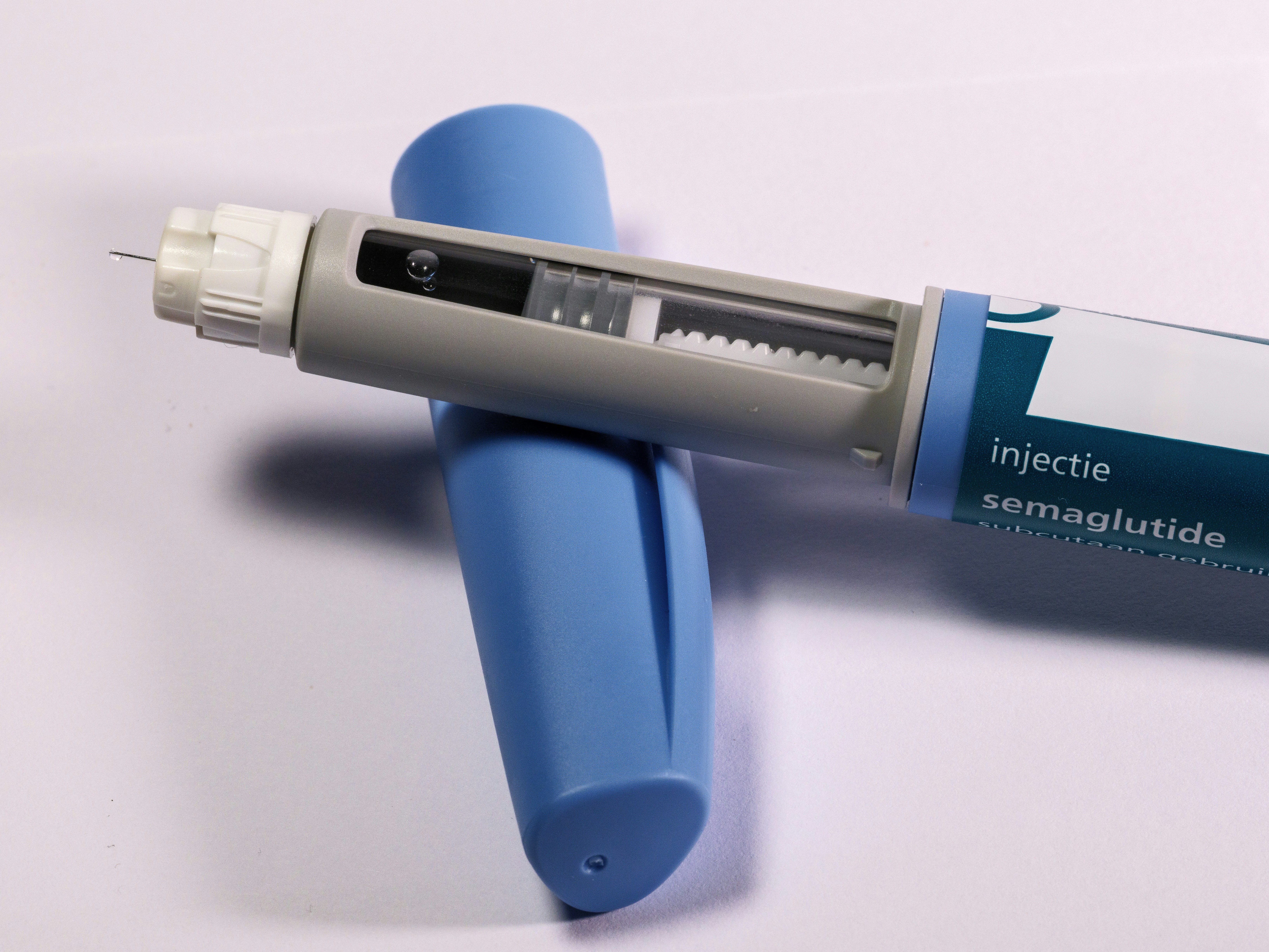News release
From:
Risk for GERD is higher with GLP-1 RA use compared to SGLT-2 inhibitor use
A population-based cohort study emulating a target trial estimated the effect of glucagon-like peptide-1 receptor agonists (GLP-1 RAs) compared with sodium-glucose cotransporter-2 (SGLT-2) inhibitors on the risk for gastroesophageal reflux disease (GERD) and its complications in patients with type 2 diabetes. The study found that incidence of GERD and its complications was higher among GLP-1 RA users, risk of GERD-related complications higher for smokers, patients with obesity, and patients with gastric-related comorbidities. The results are published in Annals of Internal Medicine.
Researchers from McGill University and Lady Davis Institute, Jewish General Hospital in Montreal used the U.K. Clinical Practice Research Datalink to create a target trial emulation framework that evaluated the risk for GERD and its complications in patients aged 18 years or older with type 2 diabetes initiating GLP-1 RAs or SGLT-2 inhibitors. The study included 24,708 new users of GLP-1 RAs who had a median follow-up of 3 years and 89,096 new users of SGLT-2 inhibitors who had a median follow-up of 2.7 years. The primary outcome was diagnosis of GERD and secondary outcome was complications of GERD. The researchers found that during follow-up the incidence rate for GERD was 7.9 per 1,000 person years. 138 total complications of GERD were observed, with over 90% of them being Barrett esophagus. At three-year follow-up, the risk ratio (RR) was 1.27 for GERD and 1.55 for GERD complications in GLP-1 RA users compared with SGLT-2 inhibitor users. Secondary analyses found that risks for GERD were higher overall for each GLP-1 RA type except lixisenatide, and risks for GERD complications were higher in ever-smokers, patients with obesity, and patients with gastric comorbidities. The results suggest the risk for GERD and its complications is higher among patients with type 2 diabetes using GLP-1 RAs versus SGLT-2 inhibitors. Clinicians and patients should be aware of the possible adverse effect of GLP-1 RAs on GERD.



 International
International



